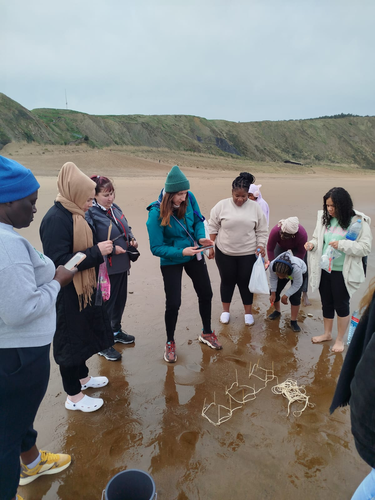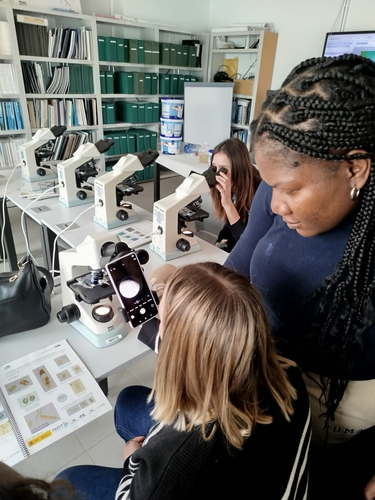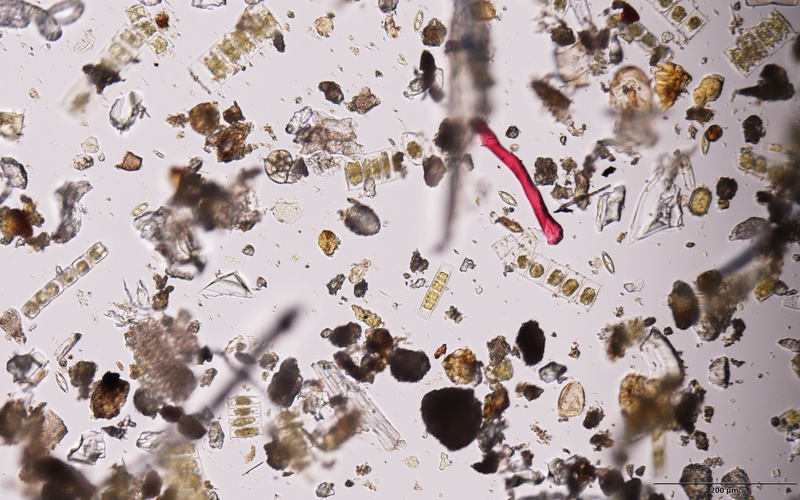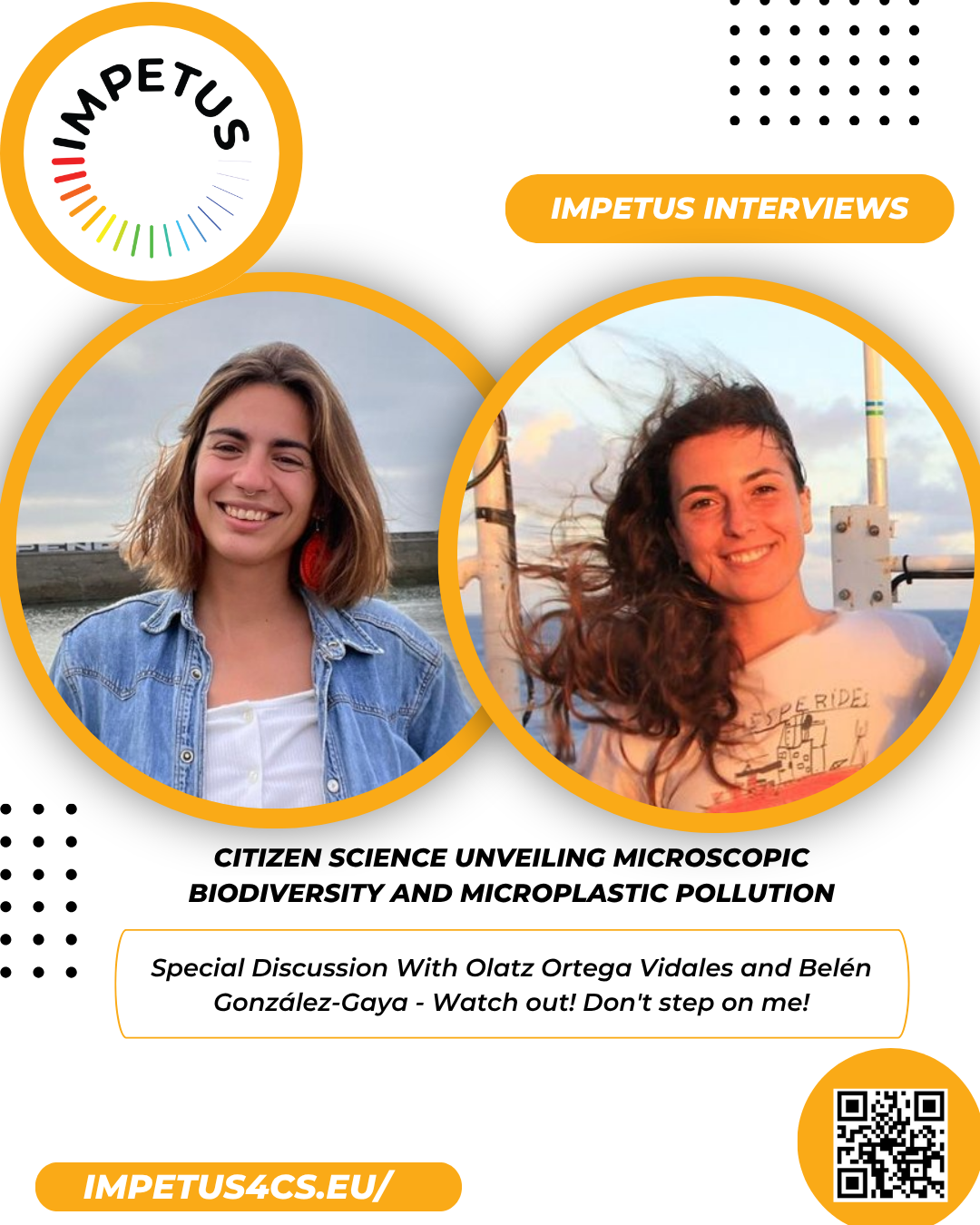What Happens When Everyone Can Be a Scientist?
“Watch out! Don’t Step on me!” is a groundbreaking citizen science initiative that opens the doors of marine research to everyone, from school communities to groups traditionally underrepresented in science. Led by the Plentzia Marine Station (PiE-UPV/EHU) and supported by FECyT-MICIU, the project tackles the environmental challenges of the loss of microscopic biodiversity on Basque beaches (Northern Spain) and the growing threat of microplastic pollution.
Rather than leaving marine research to laboratories alone, Watch out! Don’t Step on me! invites people to become active contributors to science. Participants help investigate the tiny, often invisible organisms that form the foundation of marine ecosystems — microalgae, meiofauna, bacteria, and plankton — while also tracking the presence of microplastics. By generating high-quality, open-access data across multiple beaches, the project is helping fill a critical knowledge gap in ocean science.


Inclusion as a Driving Force
At the heart of the initiative lies a commitment to accessibility and inclusion. Participants are involved in every phase of the process: shaping research questions, collecting and analysing samples, and communicating results to the public. To ensure full participation, materials are tailored to diverse needs — including pictograms, easy-to-read guides, 3D models, and Navilens codes — making complex scientific ideas tangible and engaging for everyone.
Special attention is given to working with communities often excluded from research: people with disabilities, autistic individuals, migrant women, youth in juvenile justice programmes, and senior citizens. Group leaders receive dedicated training, empowering them to guide their teams through the scientific process and share discoveries confidently.
From the Beach to the Community
Since its launch in 2022, Watch out! Don’t Step on me! has mobilised over 3,000 participants, carried out more than 70 samplings across 13 beaches, and established itself as a model for inclusive, community-driven science.
Each phase of the project culminates in a public exhibition, where participants take centre stage — leading workshops, presenting their findings, and sparking conversations about marine biodiversity and pollution. This visibility fosters pride, awareness, and a deeper connection between people and the natural environments they study.

Watch out! Don’t Step on me! received an Honorary Mention in the 2025 European Prize for Citizen Science at the Ars Electronica festival. The jury praised the project for how it blends STEAM education—including arts and citizen science—with an inclusive, collaborative approach involving organisations. The jury valued its engagement of social groups often underrepresented in citizen science, and its use of scientific methods to autonomously sample and analyse bacteria, meiofauna, microalgae, microplastics, and plankton.
In this edition of IMPETUS Interviews, we speak with Olatz Ortega Vidales and Belén González-Gaya, project leads for Watch Out! Don’t Step On Me!, about how they worked with and for underrepresented communities to help fill a gap in data on biodiversity and the impacts of pollution on marine and beach micro-biomes.



